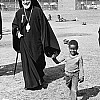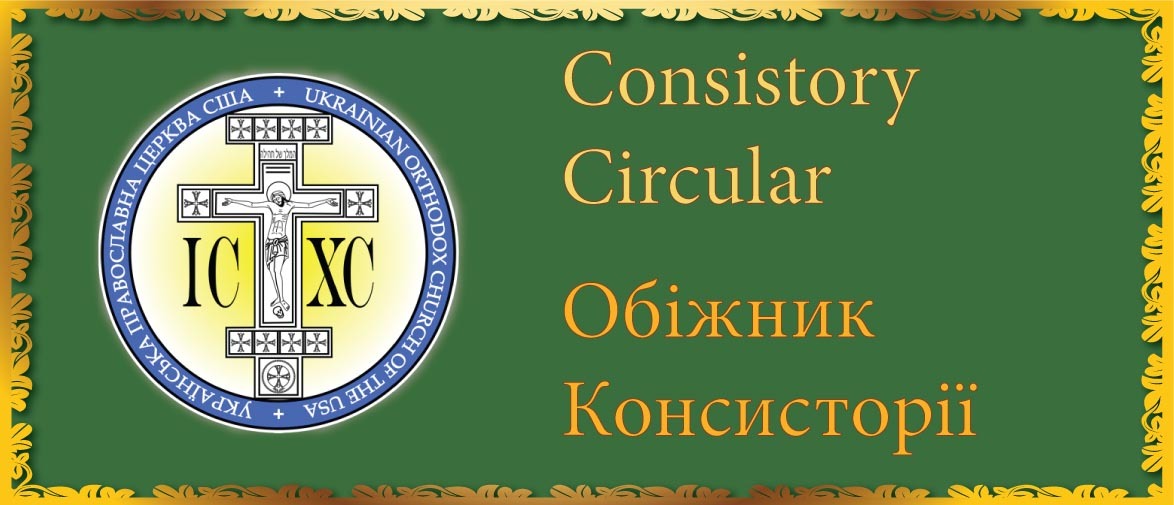Luke 7:36-50 – One of the Pharisees asked [Jesus] to eat with him. And He went to the Pharisee’s house, and sat down to eat. And behold, a woman in the city who was a sinner, when she knew that Jesus sat at the table in the Pharisee’s house, brought an alabaster flask of fragrant oil, and stood at His feet behind Him weeping; and she began to wash His feet with her tears, and wiped them with the hair of her head; and she kissed His feet and anointed them with the fragrant oil. Now when the Pharisee who had invited Him saw this, he spoke to himself, saying, “This Man, if He were a prophet, would know who and what manner of woman this is who is touching Him, for she is a sinner.” And Jesus answered and said to him, “Simon, I have something to say to you.” So he said, “Teacher, say it.” There was a certain creditor who had two debtors. One owed five hundred denarii, and the other fifty. And when they had nothing with which to repay, he freely forgave them both. Tell Me, therefore, which of them will love him more? Simon answered and said, “I suppose the one whom he forgave more.” And He said to him, “You have rightly judged.” Then He turned to the woman and said to Simon, “Do you see this woman? I entered your house; you gave Me no water for My feet, but she has washed My feet with her tears and wiped them with the hair of her head. You gave Me no kiss, but this woman has not ceased to kiss My feet since the time I came in. You did not anoint My head with oil, but this woman has anointed My feet with fragrant oil. Therefore I say to you, her sins, which are many, are forgiven, for she loved much. But to whom little is forgiven, the same loves little. Then He said to her, “Your sins are forgiven.” And those who sat at the table with Him began to say to themselves, “Who is this who even forgives sins?” Then He said to the woman, “Your faith has saved you. Go in peace.”
Organized religion is often the target of heavy criticism and censure in our modern world. In my own lifetime, I have seen a world where clergy and religious organizations have gone from being acceptable and respected parts of society to being treated on a spectrum that ranges from irrelevant to unspeakable and perhaps even contemptible or evil. For example, if one was to open the internal website of one’s place of employment, one might see the following prohibition on topics which one may not post or blog.
- Gambling
- Soliciting
- Posting of offensive or pornographic content
- Religious references
- Political discussions
Notice, that it is not prohibiting proselytizing, but ANY “religious reference.” Apparently, it ranks right up there with pornographic content. I think we can say that it has become a bit unjust.
We, of course, can be rightly incensed. However, as much as religion is vilified in this world, I would venture to say it is neither new nor necessarily always unwarranted. It is probably a waste of energy to rail and fuss about it. Rather, we would do better to listen carefully to the criticism and strive to prove our detractors wrong by repenting of all the wrongs that have been done, are done, and will be done in the name of organized religion, especially those done by the members of the church of Christ. This is really the only thing we can do. So on this Sunday in the Great Fast, let St. Mary of Egypt be our guide.
The Gospel used on this Sunday of St. Mary of Egypt concerns a sinful woman, not unlike St. Mary, and a Pharisee, that is, a representative of a very progressive, very popular, very fervent, and seemingly righteous lay movement in first century Judaism. The obvious parallel for Christians is that the Pharisee represents the faithful of the Church, and the woman represents all those who have for whatever reason found themselves not measuring up to the moral standards of the faithful.
Simon, the Pharisee, had no doubt striven to be righteous by keeping the particulars of the law, eating the right foods, keeping fasts, attending the synagogue and the temple, offering the prescribed sacrifices, and giving alms as required. Obviously, there was no problem where observance was concerned. However, it apparently never touched him or changed him into a kinder or loving person. All that righteous behavior was a static transaction with God. “Look God at what I do. In return, You can bless me.” These practices did not make him mindful of those who fall and struggle nor did it make him even fully mindful of his guest. While he had dined with Jesus, he had been physically distant and only had offered a minimum of hospitality. Yet, when the sinful woman offers what she can in her state of poverty and sin, Simon could only see that she was unclean, and, therefore, what she offered must necessarily be unclean, too. In doing this, he closed off communal or institutional opportunities for the sinful woman to be lifted out of a broken life.
If we then contrast this story with St. Mary and Abba Zosima, we see the opposite. Abba Zosima was observant, holy, and strove after righteousness. Unlike Simon, the monk Zosima never saw himself as righteous simply for keeping rules and striving after it. Rather, he saw himself ever as one needing to strive for a greater sense of repentance, that is, to constantly turn from the fallen life towards God and the life of love that God desires in us. As such, when he encountered the repentant desert-dweller and former prostitute, his instinct was never to place himself above her, to scorn her struggle, or to deny her the gifts of salvation that he was ordained and called to provide to sinners. It can be assumed then, that St. Mary had benefitted from organized religion, and we in turn should take comfort in that and emulate that model.
However, organized religion, which our Christian faith undeniably functions as, can often get disconnected from its primary values. It can become the means of creating divisions between people and enforce and create castes of people, which can fundamentally cut them off from needed saving and healing grace. It then behooves us Christians to be constantly be aware of this temptation to get caught up only in the outward expression and traditions and forget that one of our primary callings is to love God by loving others: friends, neighbors, sinners, and even enemies and persecutors.
This does not require us to excuse sin. But rather like both Abba Zosima and St. Mary it requires us to look at our own sins first, no matter how small these might seem to be, and take responsibility for them while having nothing but love and support for the other that they might be encouraged, loved and built up rather than unnecessarily ostracized and turned away. It also means that we need not rank people’s sins. Whether the sin is of the flesh or the mind, public or private, it all represents a barrier between God and the believer. As such we must be prepared to forgive, to build up, to show compassion, and withhold condemnation and judgment.
If we can learn to simultaneously love one another and fight sin, primarily in ourselves, the body of Christ, the Church, can only benefit. This will be the only way to redeem organized religion, whether or not the world acknowledges it.
Fr. Silouan Sloan Roland
|
| |||||||||||













